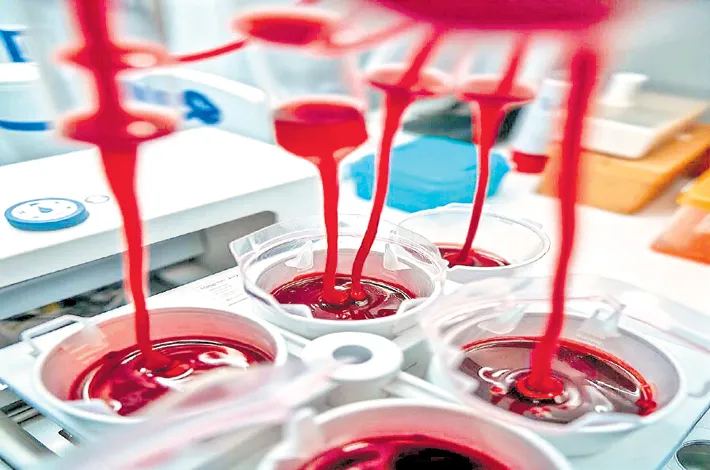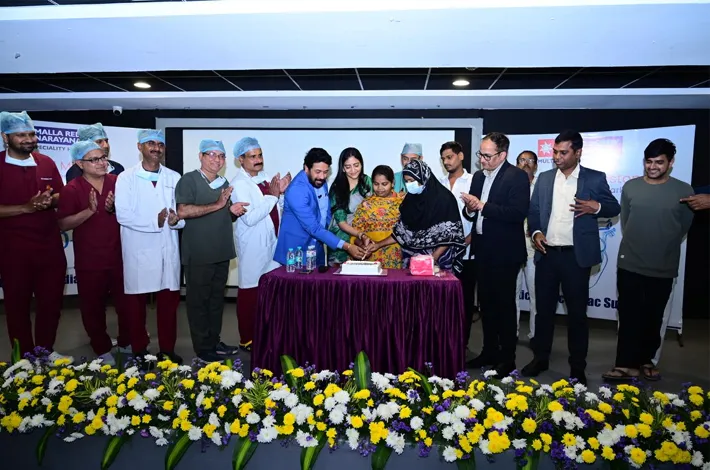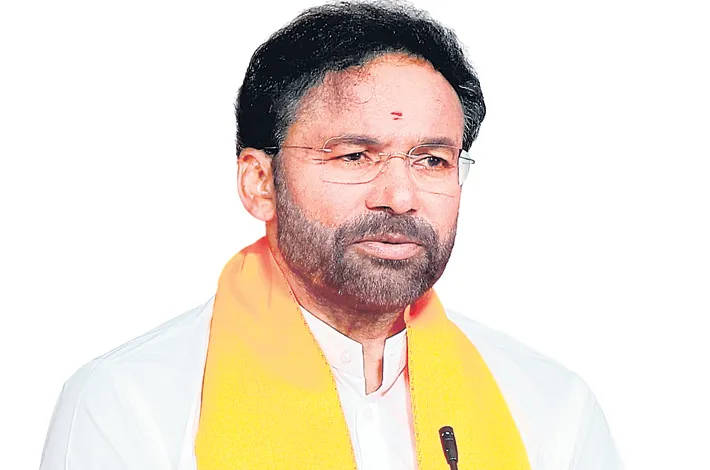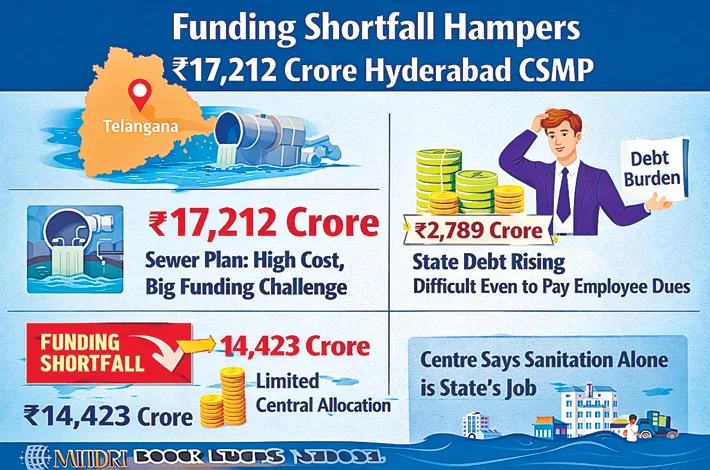No more platelet shortages in AP Hospitals
05-09-2025 12:00:00 AM

kiranmai tutika I amaravati
For decades, patients in government hospitals across Andhra Pradesh have faced an agonizing ordeal when it came to securing blood platelets and plasma. Families rushed from one blood bank to another, often at midnight, paying exorbitant amounts at private centers. That struggle may soon become a thing of the past, as the state government has unveiled a bold plan, blood component separator units will be installed in all teaching and district hospitals, ensuring that patients receive exactly the blood component they need, when they need it.
This ambitious project, being launched under the P4 initiative, is set to transform the way blood transfusions are handled across the state. Packed red cells are vital for antenatal mothers and anemia patients, while platelets are critical for dengue and viral fever cases and plasma supports trauma and burn victims. In effect, one donor can help save multiple lives, making every donation more impactful.
“This is a long-awaited reform. With component separation, we will be able to treat patients with precision rather than compromise. It will reduce the burden on families and save countless lives,” said Satya Kumar Yadav, Health Minister.
In hospitals like the Government General Hospital (GGH) Vijayawada, the daily demand for blood ranges from 40 to 50 bags. But until now, the supply of separated blood components has been far below demand. Patients needing platelets were given whole blood, while families who could afford it turned to private blood banks, where a single unit of platelets costs as much as Rs.7,000 to 10,000.
“During dengue season, we see families desperately searching for platelets. Many simply cannot afford private bank charges. This initiative will end those painful hunts,” said Dr. P.B. Manasseh, in-charge of GGH Ongole blood bank.
The government has partnered with private organizations to fund and install blood component separator units across all major hospitals. Each unit, estimated at Rs.2.4 crore, requires 21 components, most of which have already reached hospitals in Vijayawada and Visakhapatnam. District hospitals will be covered in the next phase.
According to officials, staff from government blood banks will undergo 30 days of specialized training in component separation techniques. Simultaneously, hospitals are applying for licenses from the Ministry of Health, New Delhi.
“We had this proposal for years, but it was delayed due to cost and clearances. Now, under the leadership of Chief Minister Chandrababu Naidu, it is finally taking shape. Our staff will be trained, and the units will be functional soon. The only challenge is getting central licenses, but we are optimistic,” said Dr. G. Narasimha Naik, RMO of GGH Vijayawada.
The government insists that this initiative is not just about machinery, but about people. “Healthcare must be inclusive. Our aim is that no family should lose a loved one simply because they couldn’t afford blood platelets. These reforms are patient-first, people-first,” the Health Minister added.
With blood component separator units set to be rolled out in every teaching and district hospital, Andhra Pradesh is positioning itself as a pioneer in public healthcare reform. If successful, the project will not only save lives but also restore faith in the state’s public health system.








